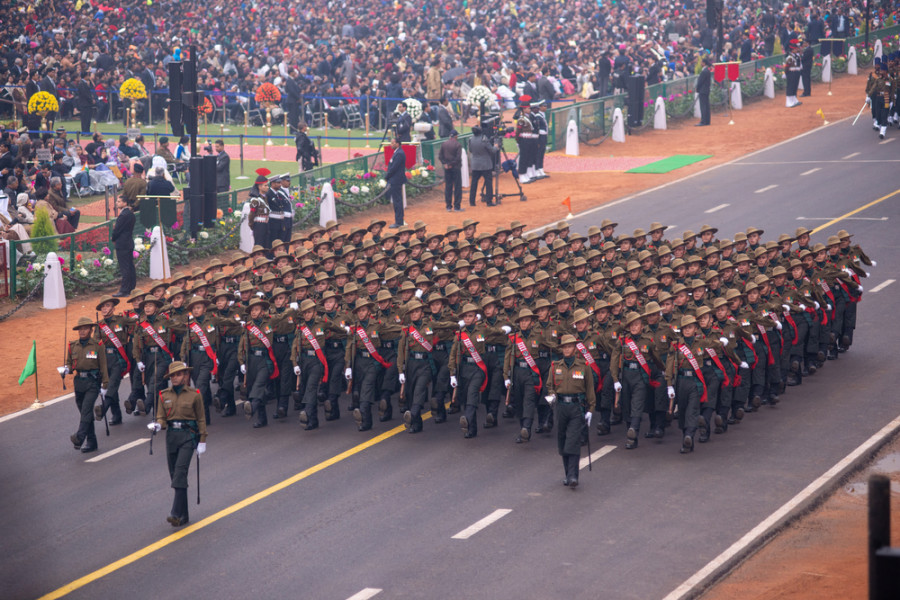National
Next government will take decision on Agnipath scheme: Foreign Ministry
Decision on the scheme will be taken after the formation of the new government following the federal and provincial elections in November, ministry officials say.
Post Report
The Ministry of Foreign Affairs said on Thursday that a decision on the Agnipath scheme will be taken after the formation of the new government following the federal and provincial elections in November.
Chances of an immediate decision on the scheme are slim, foreign ministry spokesperson Sewa Lamsal said during a press conference in Kathmandu on Thursday.
The ministry’s remarks come one day after the Indian Army Chief General Manoj Pande said India may be forced to withdraw vacancies for enlisting soldiers from Nepal under its new Agnipath scheme in the ongoing cycle if the landlocked country does not take a decision soon.
Pande, while speaking at a function in New Delhi, said that it was likely the decision on the scheme will be taken after a new government comes into power.
The enlisting of Nepali youths in the Indian Army under the newly-launched Agnipath scheme has been put on hold by the government until the country goes to polls on November 20.
“The current decision of the government of Nepal means this issue will be considered only after the elections,” said Lamsal. “No talks or dialogues will be initiated immediately. The Indian government has made its position clear. Nepal government will do so after the November elections,” said Lamsal.
During several talks and meetings, Nepali officials have been told that the new government will take an appropriate decision on the Agnipath scheme, according to the government officials.
Nepal has put on hold recruitments under the Agnipath scheme, for which rallies were to commence on August 25 in Butwal, in protest of the induction of the soldiers for only four years without pension and ex-serviceman benefits.
The government is in dilemma whether to allow Nepali youths to join the Indian Army under the short service scheme. Ahead of the recruitment date, Foreign Minister Narayan Khadka discussed the matter with Indian Ambassador Naveen Srivastava and communicated that Nepal will make a position on the scheme once wider political consultations are held. But no political consultants have been arranged so far, a senior government official said.
“Whether to allow Nepali youths to be recruited under the Agnipath scheme requires a national consensus so there is no possibility of taking the decision immediately,” said Lamsal.
Replying to a question at a session in the United Service Institute of India, General Pande said the vacancies allocated to Nepali Gurkhas will have to be “redistributed” to others for the time being if Kathmandu does not allow recruitment as per the laid-down cut-off dates.
The Indian Army will induct a total of 40,000 Agniveers in two batches after the recruitment and selection process across India is complete. In Nepal, it plans to train around 25,000 youths starting December and 15,000 in February, according to the news report.
“In my opinion, Nepal is unlikely to take any decision before the general elections on November 20,” General Pande had said. “Especially given that some quarters are opposed to the Indian Army recruiting Nepali youths.”
Even before the Agnipath scheme was announced in mid-June, the annual intake of Nepali Gurkhas in the Indian Army had gradually come down to around 1,500 from the earlier over 4,000 per year. The number under the Agnipath scheme is bound to be lower.
Nepal’s government is an elected one and to allow the military recruitment process, it needs a national consensus, said Lamsal. “However, the government has not given the ministry a clear mandate to pursue the matter further,” she said.




 14.24°C Kathmandu
14.24°C Kathmandu














